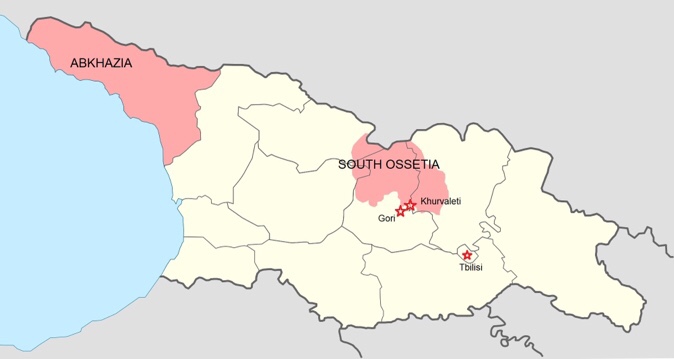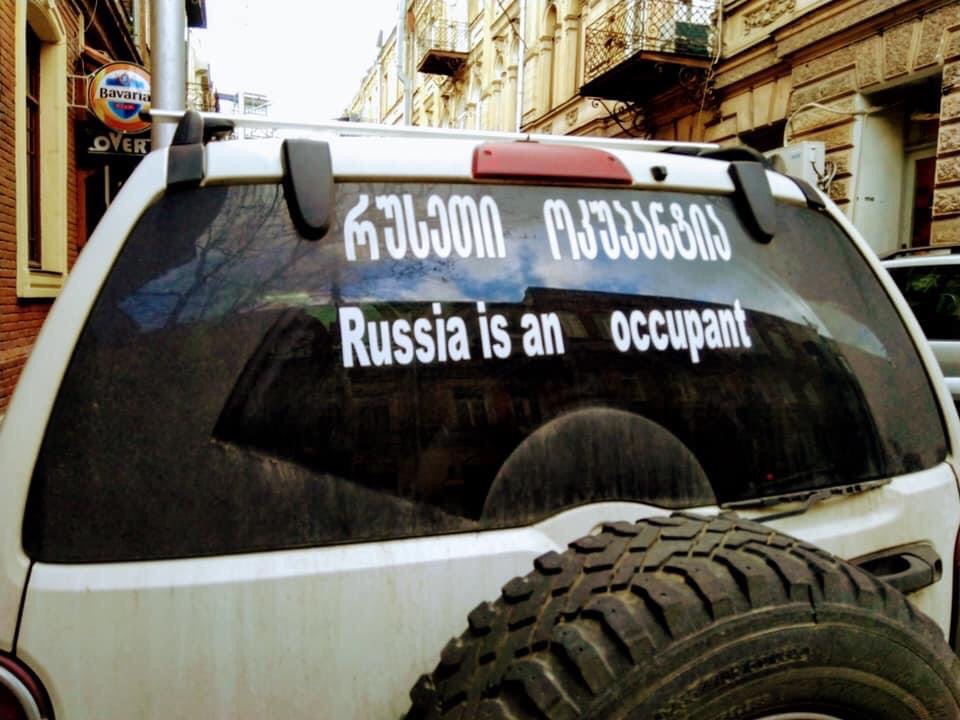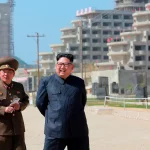Did you hear the story of Data Papa? Be honest I think all of us at some point have dreamed of going to sleep and waking up in a different world with a new life, countless films have been made about this subject. For some though this is not a fantasy this is a reality, and unlike Dorothy in the Wizard of Oz making friends and journeying along the yellow brick road, sadly the fantasy and the new life is not the happy fun filled one that they would have wished for.
Who was Data Papa?
You still might not believe me as it sounds so farfetched. I know you are asking: Where in the modern world might you go to sleep in your own bed in one country, and wake up in exactly the same bed but in another country. This is however exactly what has happened to people of the Georgian village of Khurvaleti and others like it. This village is not one that most visitors to Georgia will see or even hear about during their trips to the country, even though many will pass just out of sight of it as they hurry along the main highway between the capital Tbilisi and the coast. Khurvaleti located just 100km from downtown Tbilisi is as if in another world and it has an important story of pride and struggle featuring an endearing character that everyone had come to love. This year saw the passing of a local hero Davit Vanishvili affectionately known as Data Papa, a resident of the village and one of the symbols of Georgia’s resistance who had for years been outspoken and a thorn in the side of the Russian occupation forces, speaking emotionally about the occupation to dignitaries from all over the world and even appearing alongside Jeremy Clarkson and co on the Grand Tour.
Who fired first?
Different sides tell different stories but whatever the trigger, the facts are Georgia was invaded by Russian forces in 2008 and those forces even reached and shelled one of YPT’s Georgian destinations Gori, the birth place of the infamous dictator Stalin. The symbolic advance and later withdrawal to the current occupation line left 20% of Georgian territory occupied by the Russian army after Putin recognized the independence of Abkhazia and South Ossetia both YPT destinations, which form part of the Unrecognised country tours. The Caucasus region is now home to three such fascinating countries with Nagorno Karabakh being the other one situated between Georgia’s warring neighbours Azerbaijan and Armenia.

The area of Ossetia was ethnically cleansed and Georgians fleeing the war settled down either in Internally Displaced Peoples camps (IDP) on the edge of the capital or some like those from Khurvaleti, which lies right on the edge of occupied territory returned with trepidation to see what remained of their old lives.
Why did Data Papa Become Famous?
Data Papa became famous in 2011 because of the policy informally known as creeping occupation, whereby Russian forces inch or more accurately jump the border forward during the night stringing up new barriers of barbed wire arbitrarily crisscrossing roads, fields and in some cases even houses. This is where the fantasy became reality and a nightmare for Data, who having survived the war with property intact woke up one morning with his wife to find that he was no longer part of Georgia and instead his house was now part of South Ossetia. Separated from his lands, his daughter who lives in another part of the village and his country Data refused to leave and despite pressure refused to relinquish his Georgian citizenship. Many times he was arrested and detained for illegally crossing the border to vote and to tend to his orchards and fields on the other (Georgian) side. The couple struggled on despite their advanced ages, and on his death bed and defiant as always right to the very end at age 88, unable to go to hospital he made his wife promise never to leave their house and continue the fight so as not to let it be taken over by the occupying forces.

The infamous barbed wire fence was covered with flowers and tributes left by proud Georgians wanting to pay their respects to the great man. Only a handful of Data’s family were allowed to cross the border to attend the funeral and burial in the family cemetery which also lies on the Ossetian side of the wire. Even in 2021 with EU monitoring stations all around, it is still common to hear stories of Georgian villagers waking up to find land, animals and properties have disappeared behind the ever encroaching fence. Remaining clearly within sight and touching distance of those who choose to remain in their ancestral homes they serve as a painful reminder of the resident’s former lives.
The border fence although not the scene of fighting since 2008 has been the site of much conflict and strife as villagers who defy the occupation and have dared to stray across the border have been detained and brought to the South Ossetian capital Tskhinvali for months, years or in some cases never to be seen again. Now South Ossetia can only officially be accessed from Russian territory to the North whereas Abkhazia which has a similarly chequered past (which is currently closed because of Covid-19) has an open border with Georgia and Russia and will be part of our 2022 Caucasus tour once again. The border fences and Russian military outposts of South Ossetia are also clearly visible when we visit the Stalin Museum in Gori and Tserovani IDP camp to meet and hear stories of those affected.
Join us on our March tour as we visit Nagorno Karabakh, Armenia and the isolated Chechen valley of Pankisi in Georgia as some of the main highlights





